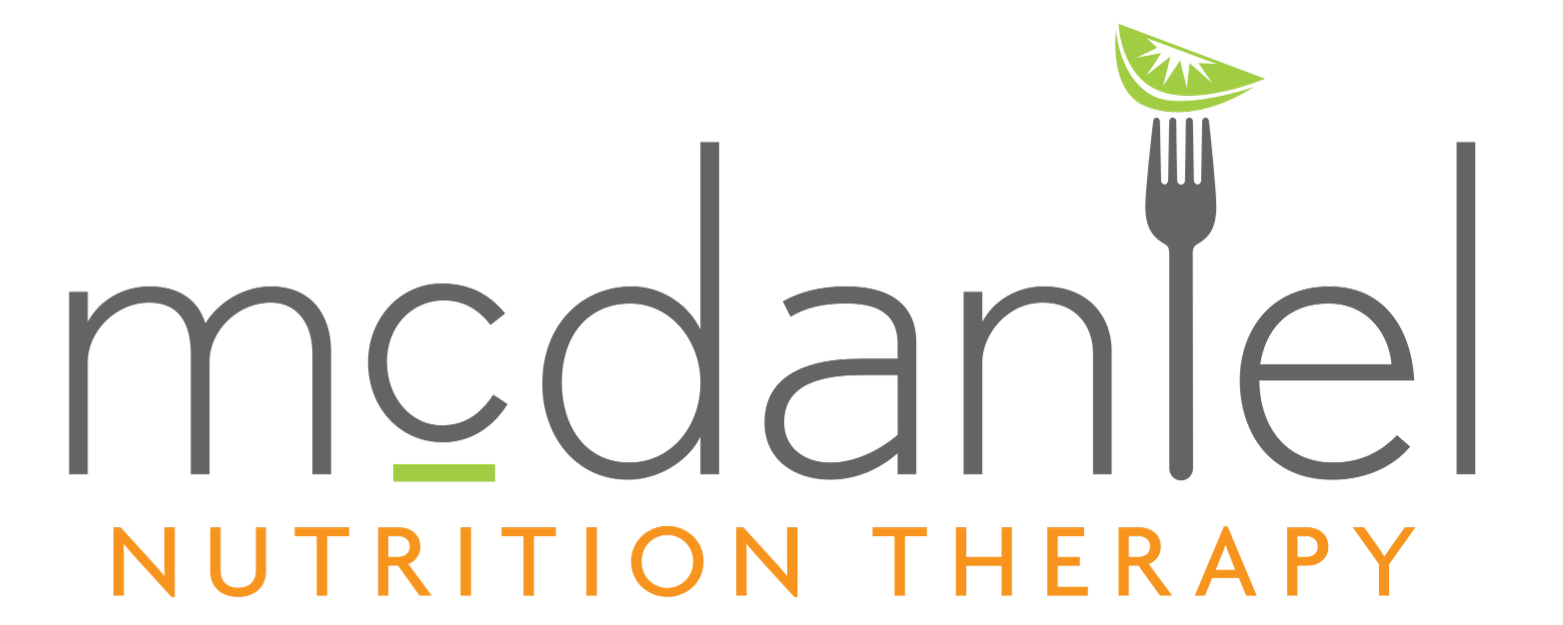Heart health testing continues to evolve, and I am grateful for evolving science! Supporting my heart health has always been deeply personal. My father underwent quadruple bypass surgery at the young age of 52, and it was a wake-up call that reshaped how I approached my own well-being. It also played a role in shaping the direction of my career. As both a personal and professional curiosity, I’m committed to staying up-to-date on the latest science around heart disease. In this week’s newsletter, I share two key heart health tests that I recommend to many of my clients, along with a clear answer to the ever-popular question: “Can I eat eggs?”

The Changing Landscape of Heart Health Testing
If you’re getting labs tested for heart health, you’re likely getting the traditional portfolio tested and reimbursed: i.e. total cholesterol, LDL, HDL, triglycerides, etc. While these numbers are of value to know, the landscape of heart health testing continues to evolve. Research shows that additional lab tests might give us a more complete picture. Two lab of interest are ApoB and Lipoprotein(a). ApoB measures the number of cholesterol particles in the blood and helps us better assess heart disease risk. For those who have in-range LDL cholesterol, yet have high levels of ApoB, that predicts an elevated risk of future atherosclerotic cardiovascular disease.
In addition to ApoB, testing for lipoprotein(a), or Lp(a), is another lab to assess heart disease risk. Lp(a) is a genetic variant of LDL cholesterol that can significantly contribute to plaque buildup in the arteries, leading to a higher risk of heart attacks and strokes. Unlike traditional cholesterol markers, Lp(a) levels are mostly determined by genes. Lifestyle changes, like diet and exercise, have little effect on lowering it. If you have a family history of heart disease, it’s of value to include Lp(a) in heart health screenings. Early identification of elevated Lp(a) can help guide more personalized strategies for reducing heart disease risk.
*As far as I’ve seen and experienced, you’ll have to advocate to your physician for these additional labs. They’re also not likely to be covered by insurance. As a dietitian, I am able to order labs (through Rupa Health). I make no profit in this, but I believe people deserve access to data. Out-of-pocket costs average $18 for ApoB and $14 for Lp(a).
If you’re in need of an up-to-date health practitioner to support your health and nutrition goals, please reach out to our team!
The Egg Controversy: Is Cholesterol Really the Enemy?

The evolving knowledge in lab testing goes beyond knowing your cholesterol numbers—it’s also about understanding how your body processes cholesterol, which brings us to the ongoing debate around dietary cholesterol and foods rich in cholesterol, like eggs.
Eggs have long been at the center of the debate on cholesterol and heart health. One egg contains more cholesterol than a McDonald’s Big Mac, so it’s no surprise they’ve been vilified for decades. But research shows that for most people, the cholesterol in eggs doesn’t significantly raise blood cholesterol levels. This is because the body self-regulates how much dietary cholesterol it absorbs. Typically, the body can only absorb 300-400 mg of dietary cholesterol per day, regardless of how much you eat.
However, not everyone’s body processes cholesterol the same way.
It Comes Down to Your Genes
Whether or not you need to pay attention to the cholesterol in eggs (or any other cholesterol-containing food) depends largely on your genes. Those who are “hyper-absorbers” of cholesterol efficiently transport cholesterol into the bloodstream but struggle to get rid of it. For hyper-absorbers, even small amounts of dietary cholesterol can raise blood cholesterol levels significantly. So, cutting back on foods like eggs might benefit them more than others.
Are You a Hyper-Absorber?
Blood cholesterol levels alone can’t determine if you’re a hyper-absorber. Instead, you can measure certain compounds called phytosterol, specifically campesterol and beta-sitosterol. Since the human body doesn’t make phytosterols, when they show up in the blood it means they are being absorbed. The logic follows that if an individual is absorbing heightened levels of plant sterols, they are also absorbing an excess of cholesterol. High levels of these phytosterols in your blood suggest that you’re a hyper-absorber.
Here’s what to look for:
- Campesterol levels over 3.2 mg/L (80th percentile)
- Beta-sitosterol levels over 4.7 mg/L (80th percentile)
If your levels are high, you may benefit from reducing dietary cholesterol, even if your standard cholesterol tests seem normal.
What Does This Mean for Your Heart Health?
For most people, eating eggs and other high-cholesterol foods in moderation isn’t likely to raise your risk of heart disease. But if you’re genetically predisposed to absorb more cholesterol, it’s worth being cautious. Working with a dietitian to understand your cholesterol absorption patterns and adjusting your diet accordingly, can be a powerful way to reduce your heart disease risk.
For me, staying on top of these evolving recommendations has been essential to managing my heart health. My own genetics continue to remind me of the importance of taking a personalized, proactive approach to heart health.

